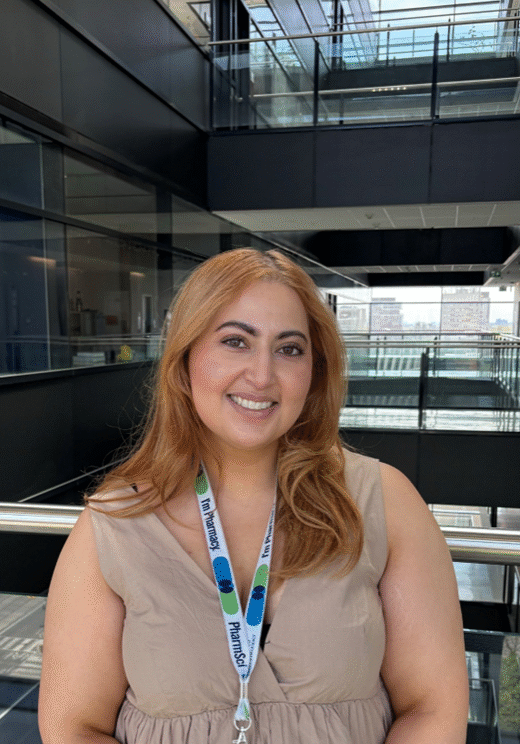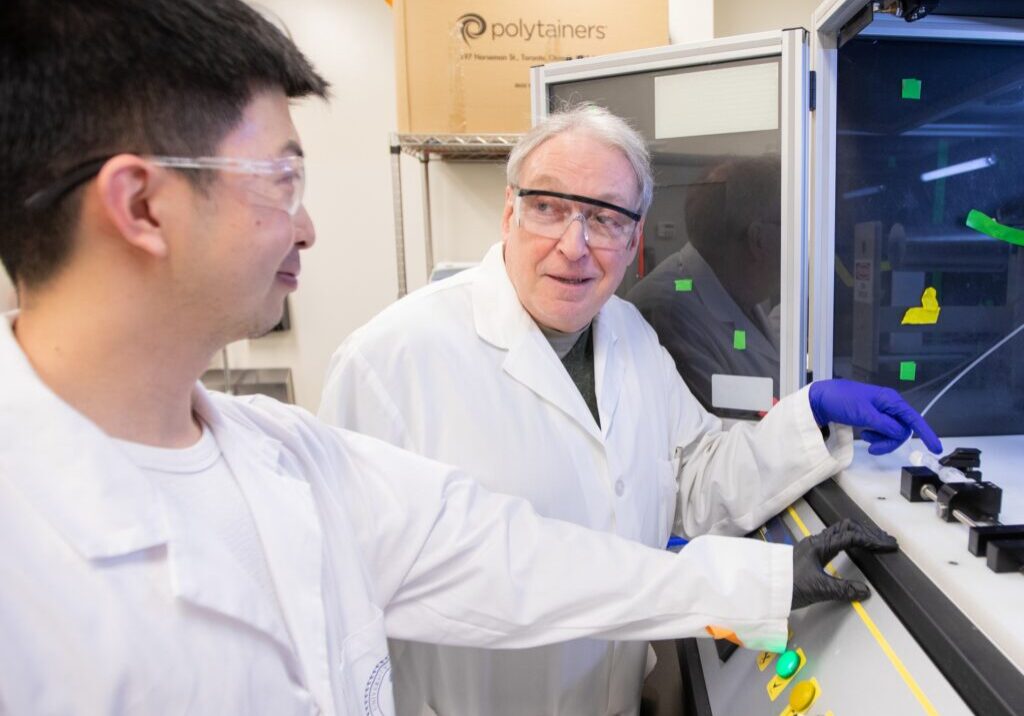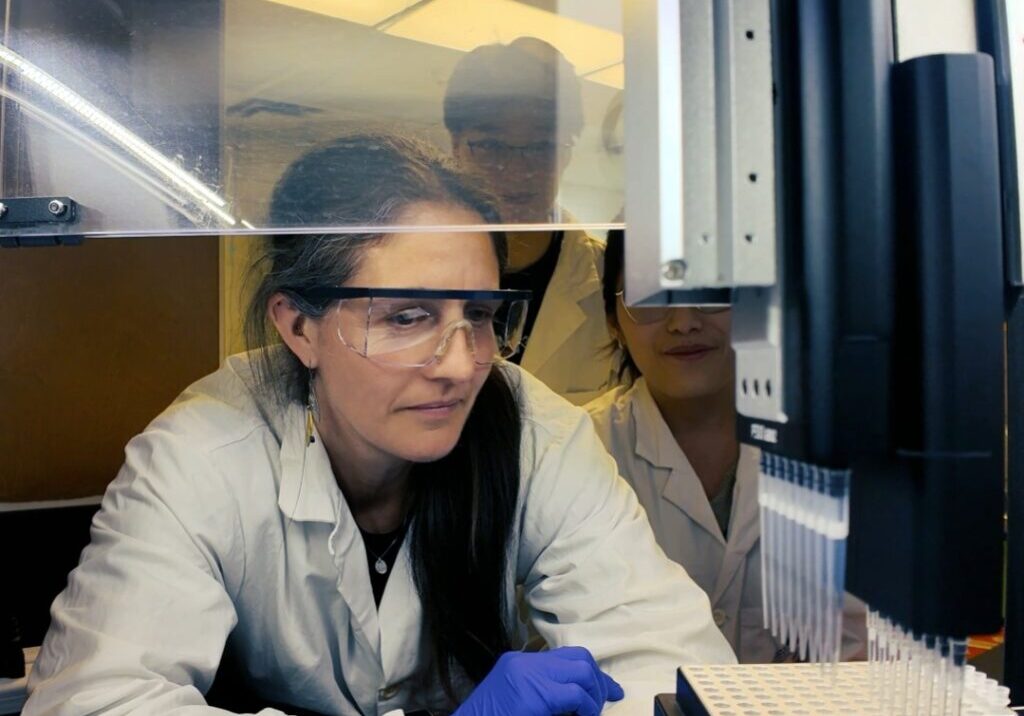
Three BME Students Awarded CIHR Doctoral Research Scholarships
Three doctoral students from the University of Toronto’s Institute of Biomedical Engineering (BME) have received the highly competitive Canadian Institutes of Health Research (CIHR) Doctoral Research Awards from the 2024 November application cycle. The prestigious Canada Graduate Scholarships – Doctoral Program (CGS-D) provides $40,000 per year for three years to support outstanding doctoral students conducting health-related research in Canada or abroad.
The recipients—Alaa Selim, Nicholas Yee, and Vrushali Guruji—are advancing research in HIV vaccine development, fracture detection in remote communities, and the cardiovascular impacts of congenital heart defects.
A complete list of winners can be found here.

Alaa Selim
Advisor
Bowen Li
Research title
Computationally Engineered Mucosal circRNA Vaccine with ATRA Adjuvant for Broad HIV-1 Protection
Project description
Selim is tackling one of the most enduring global health challenges: the development of an effective HIV-1 vaccine. Her research focuses on engineering a novel circular RNA (circRNA) vaccine designed to stimulate robust immune responses at mucosal sites—the primary entry point for the virus. By combining the circRNA platform with the immune-boosting properties of all-trans retinoic acid (ATRA), Selim aims to enhance immune cell targeting and durability, especially in high-risk communities disproportionately affected by HIV-1. This innovative approach builds on the success of mRNA vaccines and could pave the way for next-generation vaccines for complex viruses.

Nicholas Yee
Advisor
Cari Whyne
Research title
Development of a hip fracture screening tool using computer vision assisted ultrasound imaging
Project description
Yee’s research addresses the pressing healthcare inequities faced by older adults in rural and remote areas. Hip fractures in these populations often lead to delayed surgeries and higher mortality rates due to limited access to timely diagnostics. To combat this, Yee is developing an AI-powered tool that enables frontline healthcare providers to perform ultrasound imaging and automatically detect hip fractures—even without specialized training. This portable and cost-effective screening solution could dramatically reduce delays in care, improve patient outcomes, and enhance healthcare sustainability by minimizing unnecessary patient transfers.

Vrushali Guruji
Advisor
Craig Simmons
Research title
Investigating the Biochemical Impacts of Hemodynamics in Bicuspid Aortic Valve-Associated Ascending Aortic Dilatation Development
Project description
Guruji is investigating the root causes of ascending aortic dilatation (AAD) in patients with bicuspid aortic valves (BAVs)—a condition that affects roughly 2% of the population and significantly increases the risk of life-threatening complications. Using a unique mouse model, Guruji is isolating the effects of abnormal blood flow patterns on the aorta, independent of genetic influences. Her work combines advanced imaging techniques with spatial transcriptomics and single-cell analysis to identify the molecular signals that drive disease progression. The findings could lead to the discovery of new biomarkers and therapeutic targets for early intervention in BAV patients.









